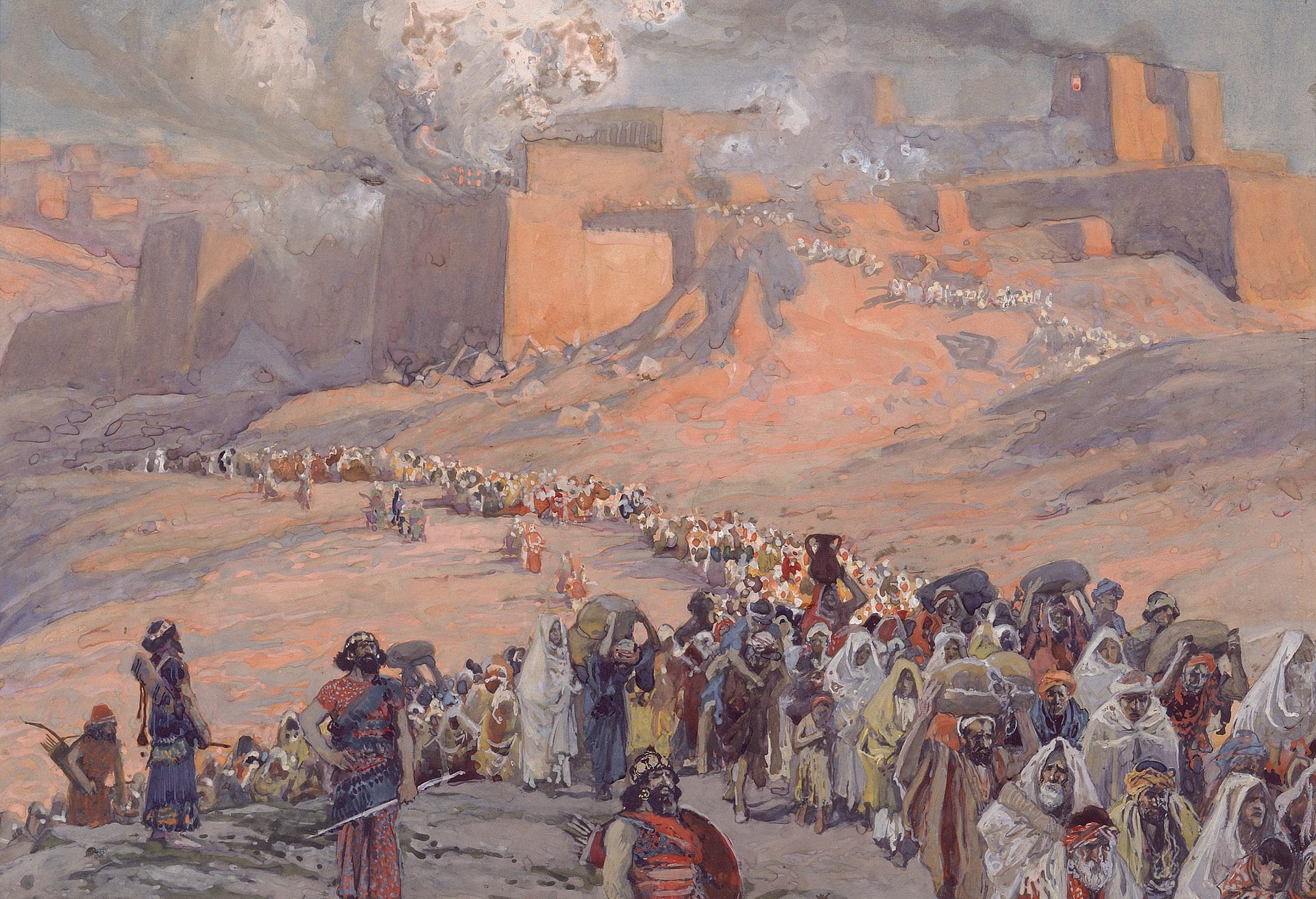In today’s First Reading, St. Paul recounts a short history of God’s chosen people. St. Paul knew that telling this story to the Jewish people in the synagogue would help them to understand how Jesus Christ was their long-awaited savior. Christ was the climax to the story! The more we Catholics of the 21st Century also come to know the history of the Israelite people and the beginnings of the early Christian Church, the more our own faith will make sense. And the more we will want to respond to God’s overtures of love, becoming part of the story ourselves.
For the past two weeks, I have been giving the middle school children in our parish religious education program an overview of salvation history. As we began the lesson, I read to the children a one-page excerpt from The Lion the Witch and the Wardrobe. I did not mention the title of the book, nor did I give any explanation about what was happening in the story. The children had mixed responses to what I read: some wanted to hear more of the story, some were not really engaged, and several were excited, because they had read The Lion, the Witch and the Wardrobe and recognized the story.
I proceeded to draw a correlation between the children’s various reactions and our reactions to the stories from the Bible or the teachings of the Catholic Church. I explained to the children in a simplified way that unless they understand the big picture of salvation history, the things they hear and learn about their Catholic faith may not resonate with them. They will have no context in which to put new information, and they may even miss or misunderstand the life-saving Gospel message.
As the lesson went on, it became clear just how scattered the children’s understanding was. We started by discussing Creation, the Fall, and God’s first promise that he would send a redeemer to restore us to a loving relationship with Himself. At one point, an intelligent youngster exclaimed, “Now, wait a minute! Jesus is God? I thought he was God’s son!”
We also talked about God’s continued faithfulness to His chosen people, even when they were unfaithful to Him. We discussed the fact that, throughout the Old Testament, God was setting the stage for the Redeemer to come and fix our sin problem. His plan was to restore us to a relationship with Him and to make us temples of the Holy Spirit. Finally, I referenced the role of the Catholic Church and the Sacraments, established by Christ to help us know and live the life to which God calls us.
As I taught this class over the past two weeks it became more clear to me that children and grown-ups alike need to learn about the big picture of salvation history a number of times and in different ways in order to allow it to penetrate into our hearts and minds.
When, in today’s First Reading, St. Paul preached to the Jewish people, they already had a deep sense of their own history. It didn’t take them long to start making connections about who Jesus was. Now, as Catholics, the history of the Jewish people has become our history, and we are privileged to learn it, along with the history of the early Christian Church. We are invited to respond to all that God has done for us and to become part of The Story. And we can encourage others to do the same!
 Christine Hanus is a thwarted idealist who, nevertheless, lives quite happily in Upstate NY. She is a wife and mother of five grown children.
Christine Hanus is a thwarted idealist who, nevertheless, lives quite happily in Upstate NY. She is a wife and mother of five grown children.
Feature Image Credit: Zephirx, https://pixabay.com/illustrations/kingdom-temple-synagogue-jews-6196975/

